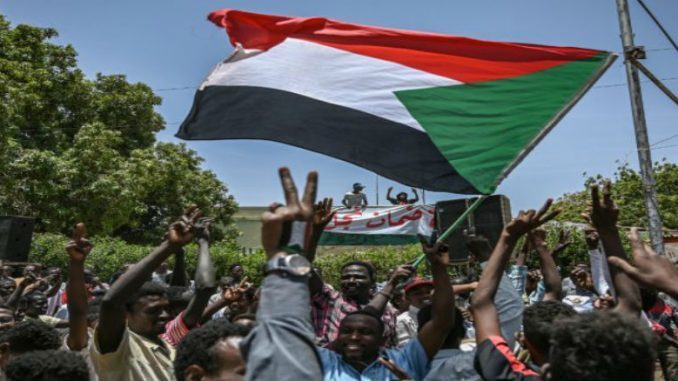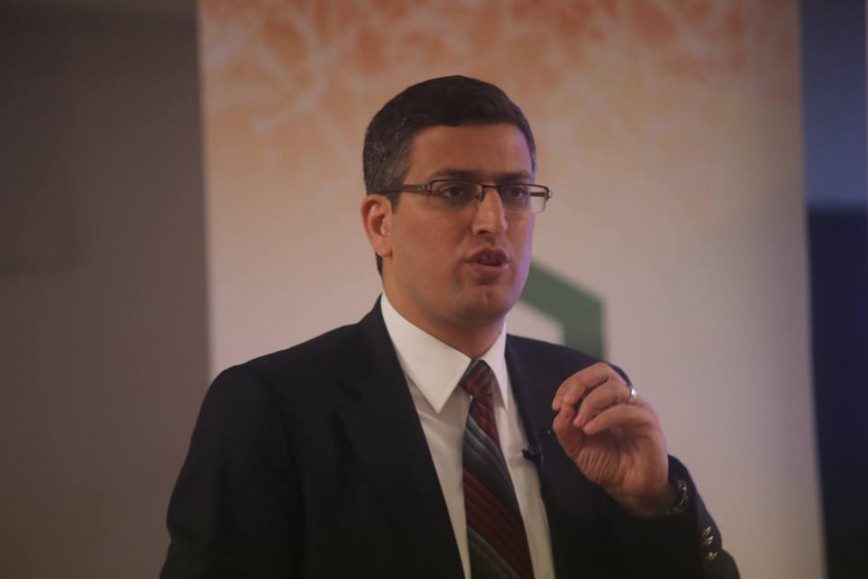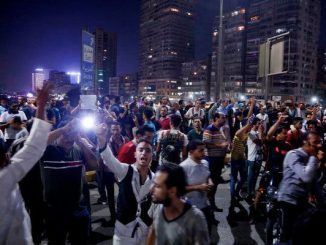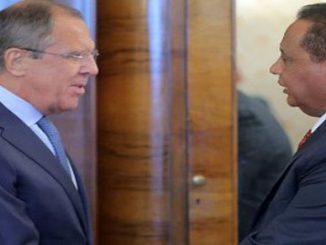
Sudan Two sides agree to establish ‘a sovereign council’ to be run on rotation, an AU mediator announces.
Sudan‘s ruling generals and a coalition of protest and opposition groups have reached an agreement to share power during a transition period until elections, in a deal that could break weeks of political deadlock since the overthrowing of autocratic President Omar al-Bashir in April.
Sudan’s both sides agreed to establish a joint military-civilian sovereign council that will rule the country by rotation “for a period of three years or slightly more”, Mohamed Hassan Lebatt, African Union (AU) mediator, said at a news conference on Friday.
Under the agreement, five seats would go to the military and five to civilians, with an additional seat given to a civilian agreed upon by both sides
The ruling Transitional Military Council (TMC) and the civilian leaders also agreed to launch a “transparent and independent investigation” into the violence that began on June 3 when scores of pro-democracy demonstrators were killed in a brutal military crackdown on a protest camp in the capital, Khartoum.
TMC deputy head General Mohamed Hamdan Dagalo, who is widely known as Hemeti, welcomed Friday’s deal, which, he said, would be inclusive.
“We would like to reassure all political forces, armed movements and all those who participated in the change from young men and women … that this agreement will be comprehensive and will not exclude anyone,” added Dagalo, who also heads the feared paramilitary unit Rapid Support Forces (RSF) accused by the demonstrators of crushing the sit-in outside the military headquarters.
Omar al-Degair, a leader of the Forces for Freedom and Change (FFC), an umbrella organisation of opposition groups, said the agreement “opens the way for the formation of the institutions of the transitional authority, and we hope that this is the beginning of a new era”.
In a statement on Friday morning, the Sudanese Professionals Association (SPA), which is part of the FFC, said the transition period would last three years and three months.
The military would lead the sovereign council for the first 21 months, and a civilian would take over for the remaining 18 months, it said. The FFC would appoint a cabinet of ministers, the SPA said, adding that a legislative council would be formed after the appointment of the sovereign council and the cabinet.
The two sides also agreed to set up a committee of lawyers, including jurists from the AU, to finalise the agreement within 48 hours.
Mass protests
The deal came after two days of talks following the collapse of the previous round of negotiations in the wake of the crackdown on the protest camp. Opposition medics say more than 100 people were killed in the dispersal and subsequent violence on June 3. Officials put the death toll at 62.
The TMC and the opposition coalition have been wrangling for weeks over what form Sudan’s transitional government should take after the military deposed al-Bashir on April 11 after months of mass protests against his 30-year rule.
Protesters had remained in the streets following al-Bashir’s toppling, fearing the generals intended to cling to power or preserve some form of authoritarian rule.
The AU and neighbouring Ethiopia stepped up mediation efforts to end the crisis and negotiations resumed earlier this week, following massive protests last weekend in which tens of thousands of demonstrators filled the streets of Sudan’s main cities in the biggest show of numbers since the June 3 crackdown.



